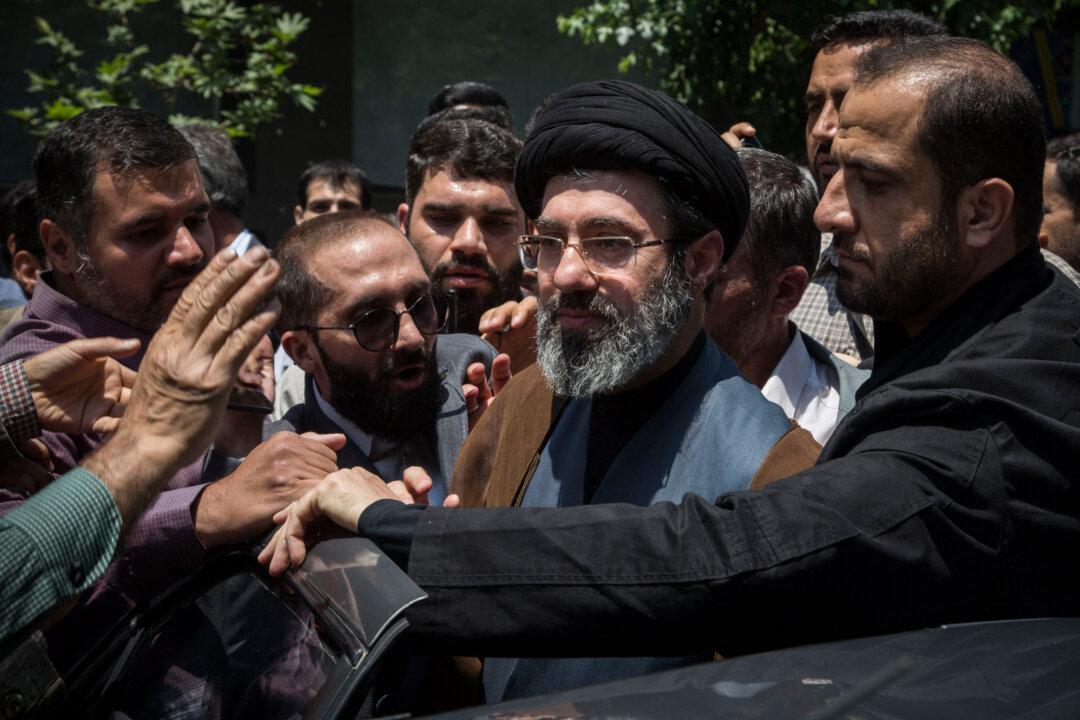Former Clinton Campaign attorney Michael Sussmann will go on trial May 16 for allegedly lying to the FBI about being a “concerned citizen” in September 2016 when he provided the agency with data purporting to document a “secret server” link between the Trump Organization and a Russian bank.
But Sussmann won’t be tried on the claims made from data itself; he won’t be asked if he knew when he presented the information to FBI general counsel James Baker on Sept. 16, 2016, that it a was bogus concoction timed to hit the headlines within weeks of the Trump-Clinton presidential election.





